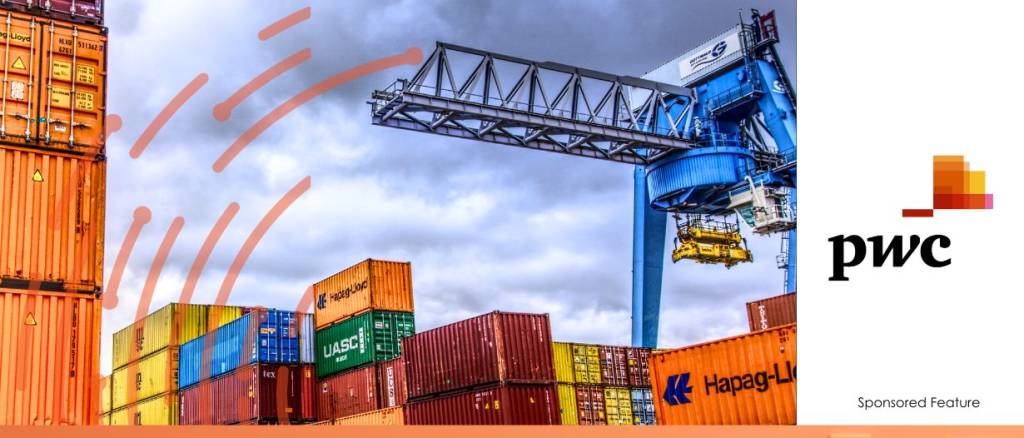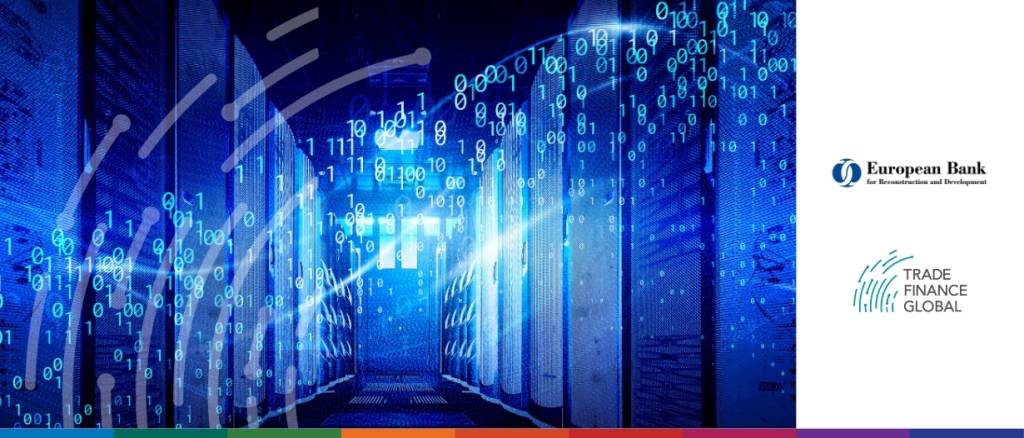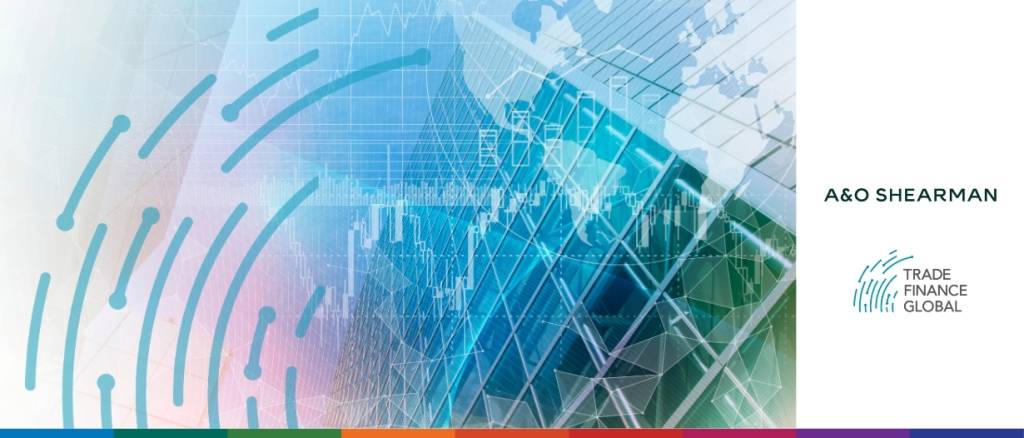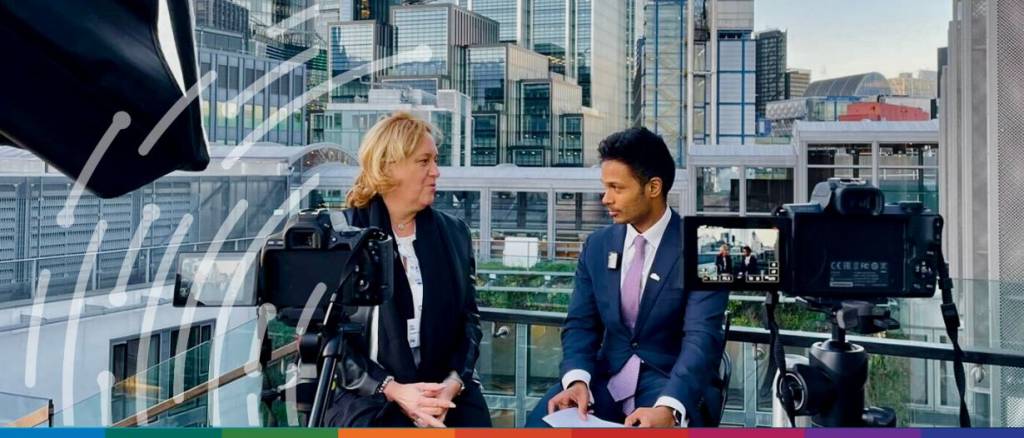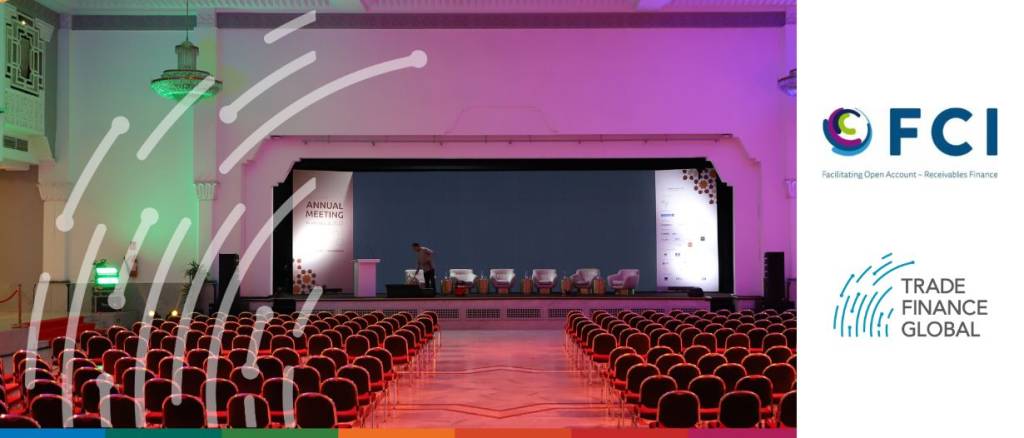Listen to this podcast on Spotify, Apple Podcasts, Podbean, Podtail, ListenNotes, TuneIn Grappling with new economic uncertainty, the trade credit insurance industry is in a transformative phase. The US market, in particular, presents unique opportunities and… read more →
The advent of digitalisation presents an opportunity to transform trade finance by addressing long-standing inefficiencies and one such innovation is a digital version of the bill of exchange called the… read more →
In Georgia, the high costs associated with providing banking services to SMEs and stringent creditworthiness or collateral requirements pose
At the EBRD’s Conference on the Digitalisation of International Trade in Morocco 2024, Othmane Saadani, Lawyer and Partner at Saadani & Associates, presented the legal framework for digitalisation of trade in Morocco.
To learn more about the implications of CRD VI, Deepesh Patel (DP), Editorial Director, TFG spoke with Adam Harwood (AH), Associate, A&O Shearman and Bob Penn (BP), Partner, A&O Shearman, in a 2-part series.
MAS’s COSMIC: Combatting financial crimes with secure info-sharing & legislation, bolstering Singapore’s integrity.
Deutsche Bank today announced the US$3.5bn issuance of TRAFIN 2023-1, the fifth iteration of its trade finance significant risk transfer synthetic securitisation
Businesses and public authorities across the EU may be facing tougher laws on late payments, with the European Commission proposing a new regulation enforcing maximum 30-day terms.
The UNIDROIT’s Factoring Model Law, the FCI Legal Study, and the IFC Knowledge Guide on Factoring Regulation and Supervision, reflects a collective endeavour meticulously designed to operate in harmony.
The overreaching arc of sanctions regulations is threatening the certainty of payments guaranteed by the smooth functioning of letters of credit (LC) in international trade. This tension recently played out in the Singapore courts in a judgment handed down recently (Kuvera Resources Pte Ltd v JPMorgan Chase Bank, N.A. [2023] SGCA 28).
















